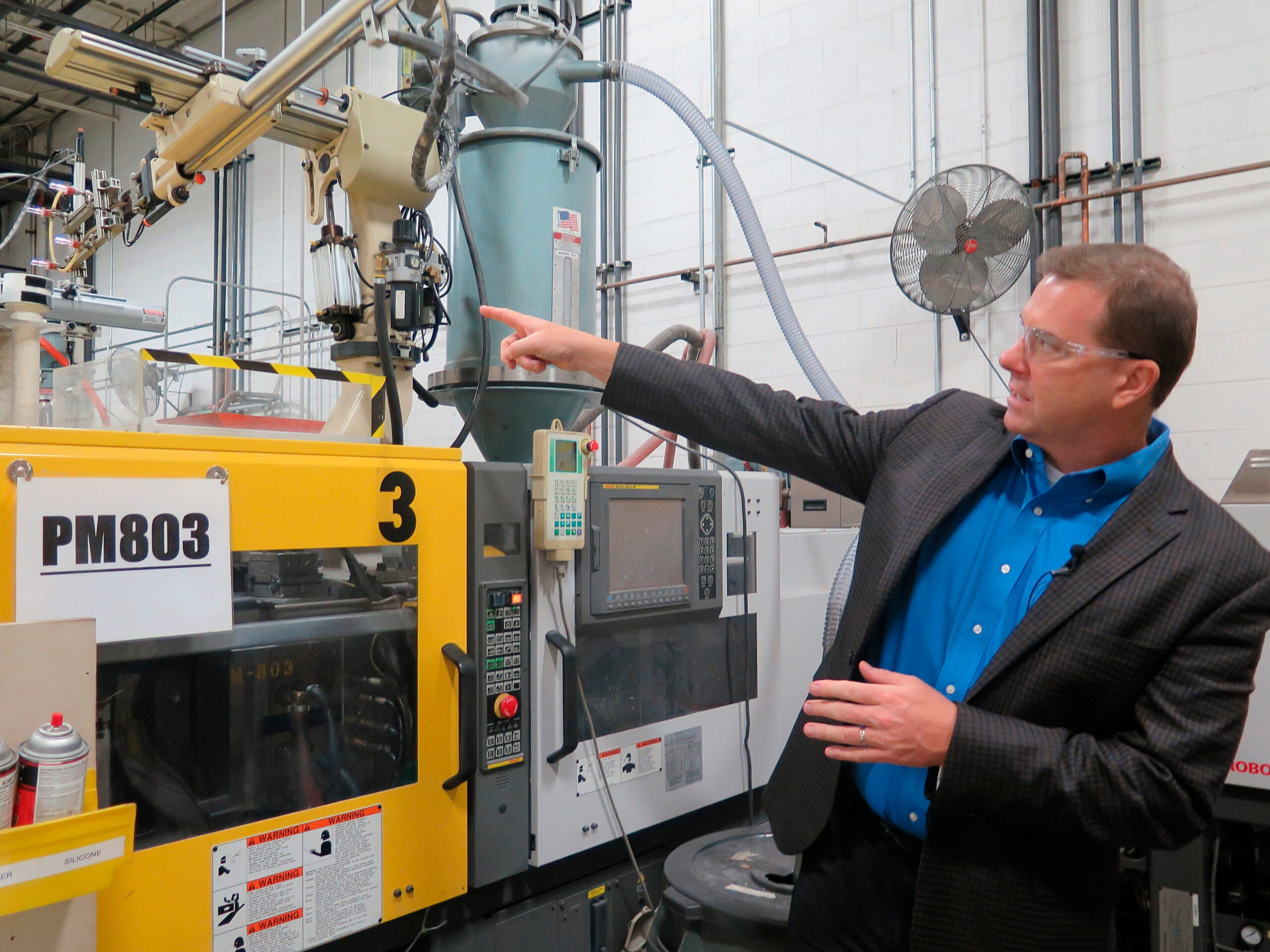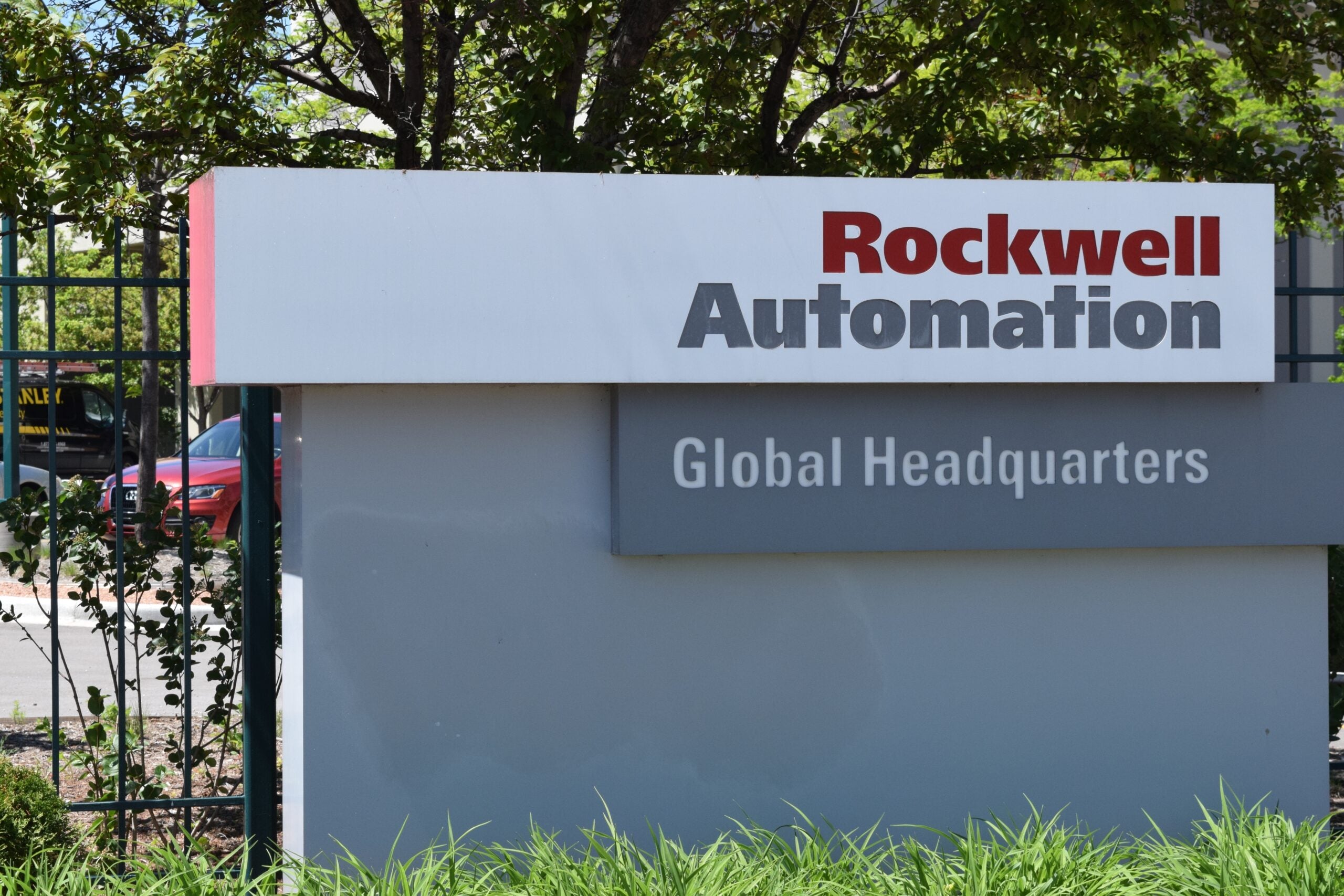The Johnson Level & Tool manufacturing plant in Mequon will close next year, resulting in 45 people losing their jobs.
Johnson Level’s parent company, Hultafors Group North America, filed a layoff notice with the state Department of Workforce Development on Monday. The layoff notice did not say why the company plans to close the plant.
“The Company intends to offer severance benefits and transition programs, including outplacement services, to affected associates,” the notice reads. “The Company will ensure that employees will be paid all earned wages and agreed upon benefits at the time of their termination.”
News with a little more humanity
WPR’s “Wisconsin Today” newsletter keeps you connected to the state you love without feeling overwhelmed. No paywall. No agenda. No corporate filter.
The company will cease production at the Mequon facility on March 28, 2025, and will spend the next five months working “one-on-one,” with workers affected by the change, according to a statement from Hultafors Group North America, a subsidiary of the Sweden-based Hultafors Group.
The statement said the company is also offering factory workers open positions at its distribution facility in Richfield.
“Product design, engineering and innovation for Johnson Level & Tool will remain at the Hultafors Group NA headquarters in Mequon,” the statement reads. “We are currently finalizing our manufacturing plans and are evaluating both U.S. and international production locations.”
Hultafors Group also said the closure of the manufacturing facility in Mequon will not affect its other North American operations in California or Canada.
Johnson Level & Tool was purchased by the Swedish company in 2018. In a statement announcing the acquisition, Ole Kristian Jødahl, then-CEO of Hultafors Group, said the acquisition was part of a strategy to strengthen the company’s presence in North America.
Wisconsin Public Radio, © Copyright 2025, Board of Regents of the University of Wisconsin System and Wisconsin Educational Communications Board.







